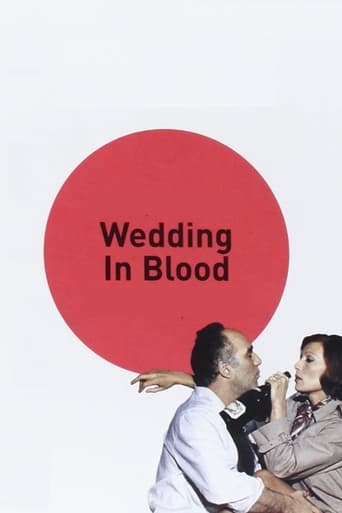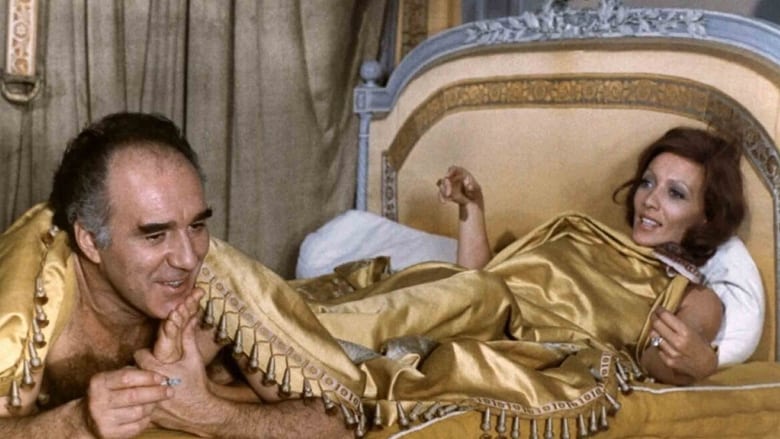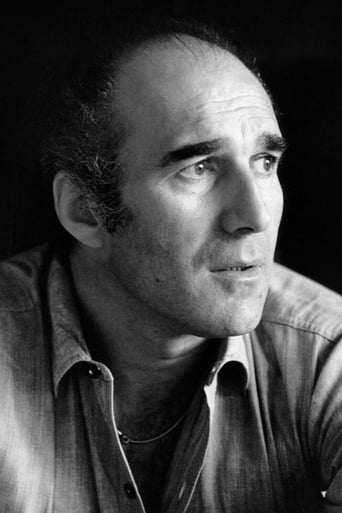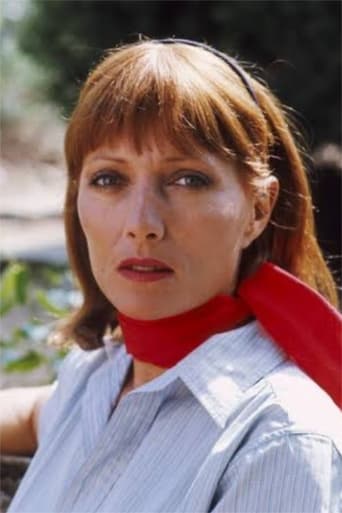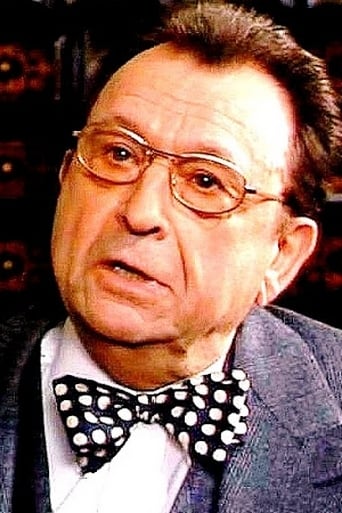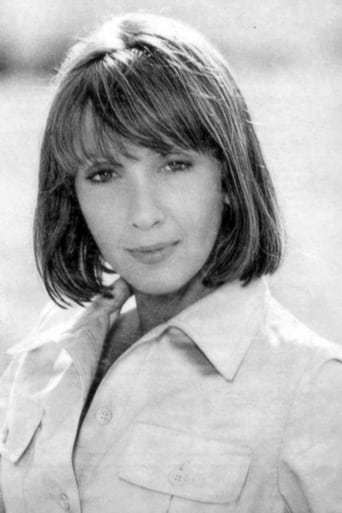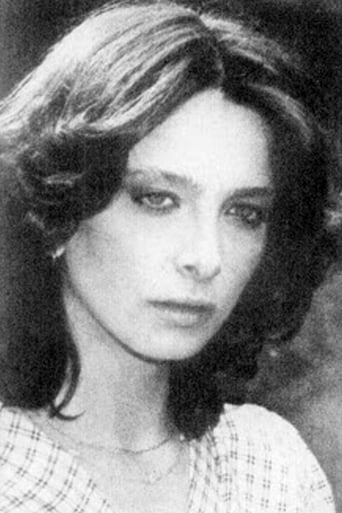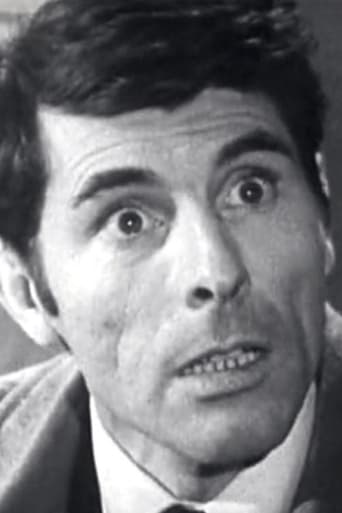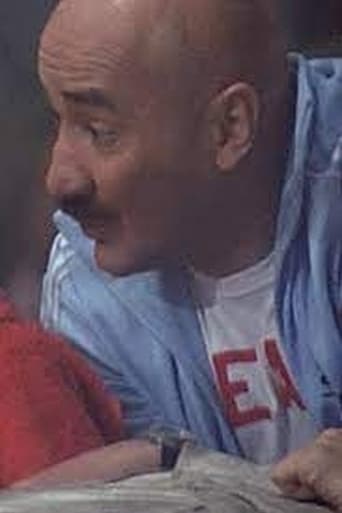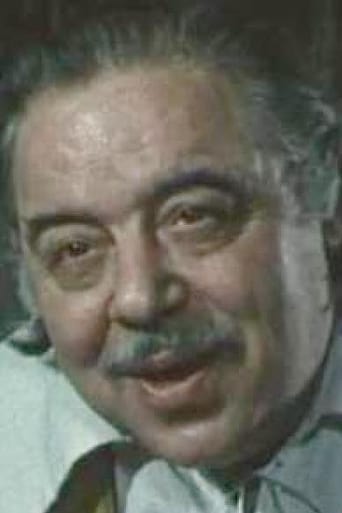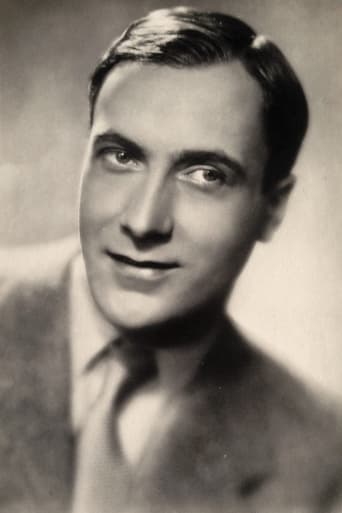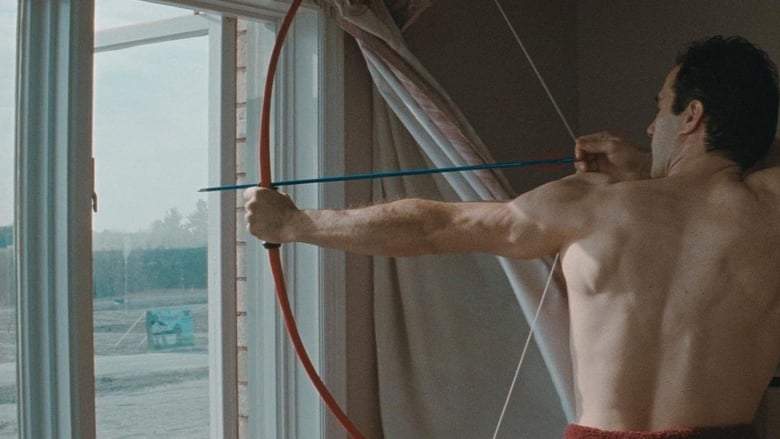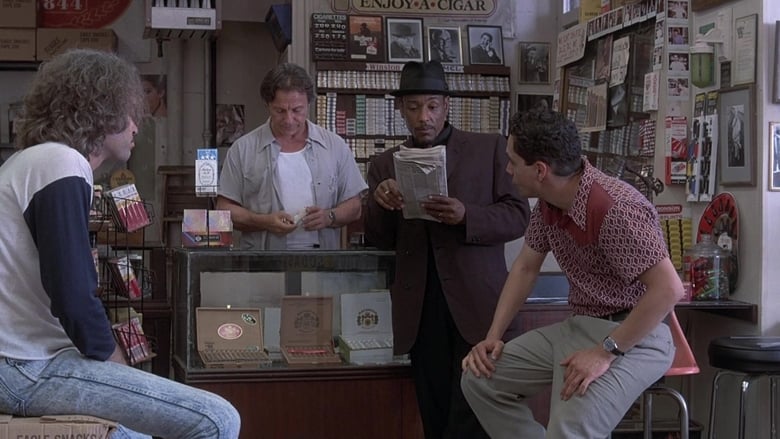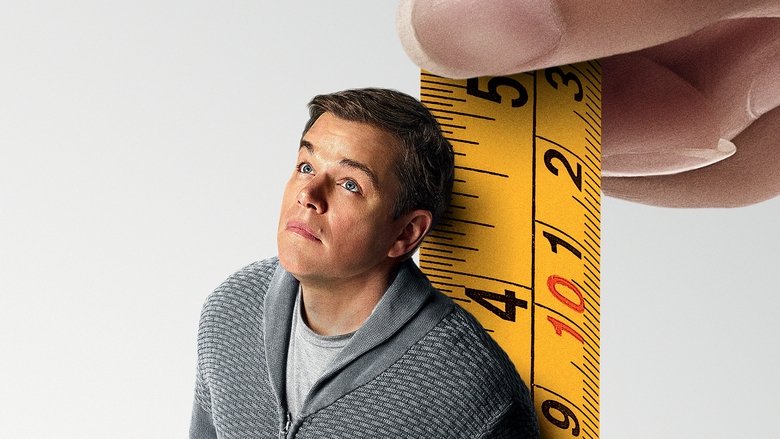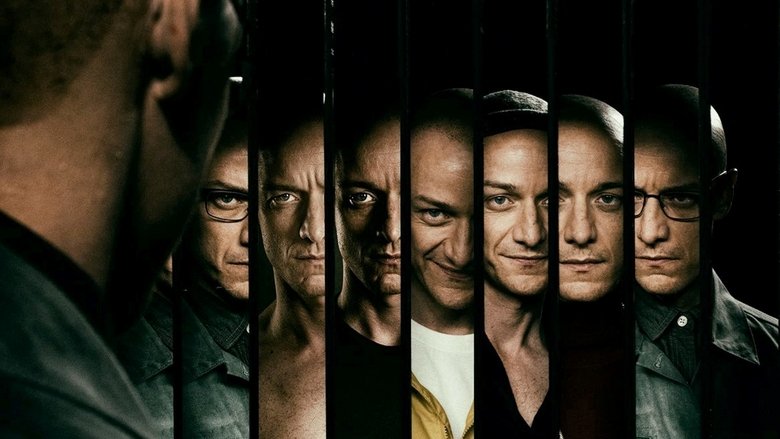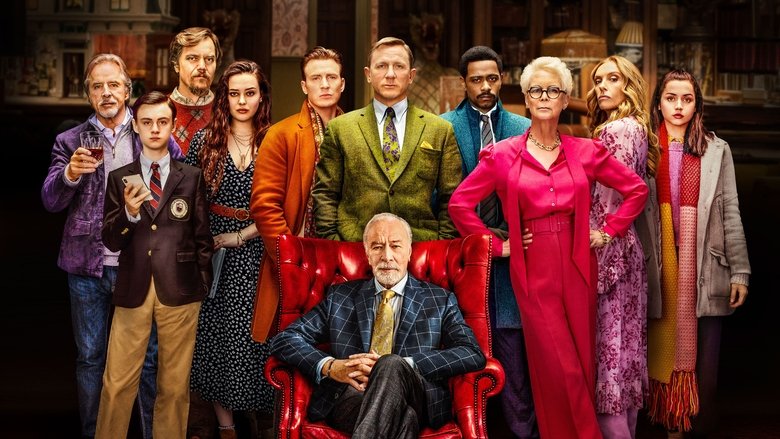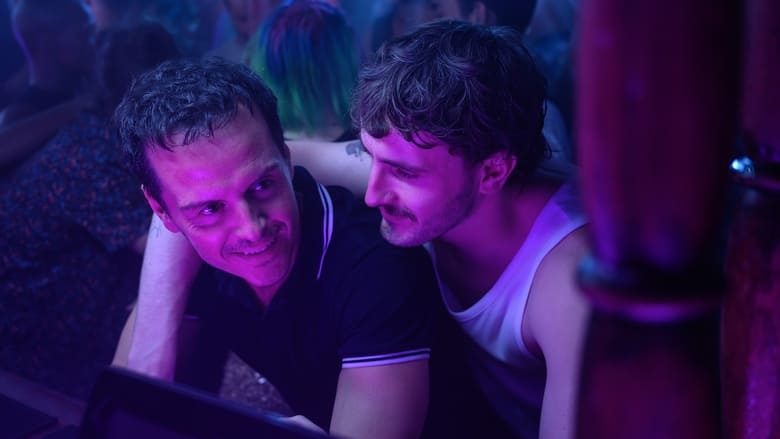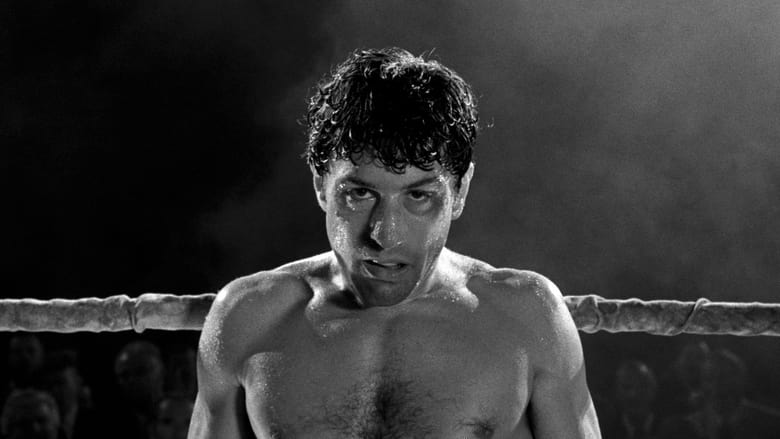Lucienne Delamare and Pierre Maury are having an affair. Lucienne's husband Paul is the mayor, and a French deputy. Pierre's wife Clotilde has been weak and sickly for years. Lucienne's husband holds no excitement for her, and he is always away in Paris on business. Pierre is now the vice-mayor, thanks to Paul. Lucienne and Pierre have a secret meeting spot by a lake along a country lane. Pierre's wife dies suddenly, by suicide the town gossips believe. Pierre confesses otherwise to Lucienne. Paul proposes a shady land deal which will "benefit the town", and wants Pierre's political support and collusion. Then Paul discovers proof of his wife's affair...


Similar titles
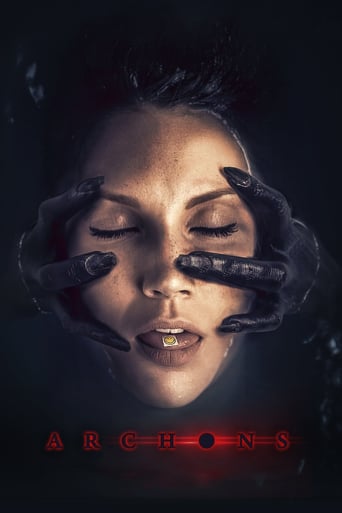
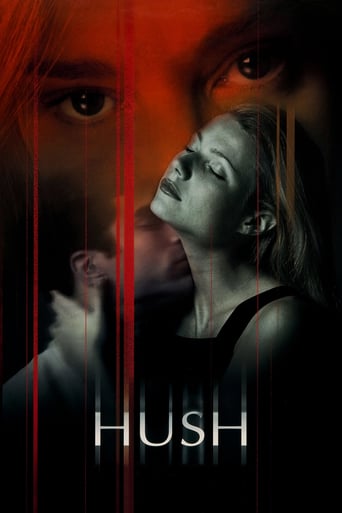
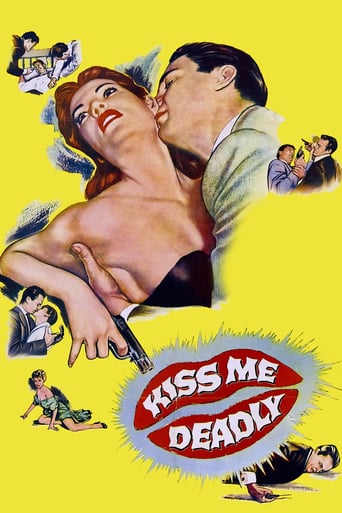
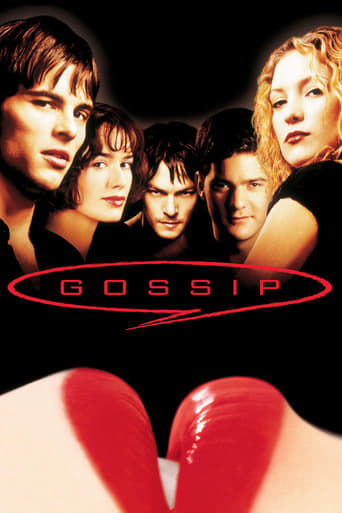
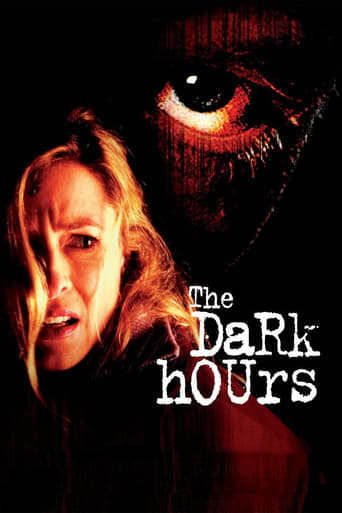
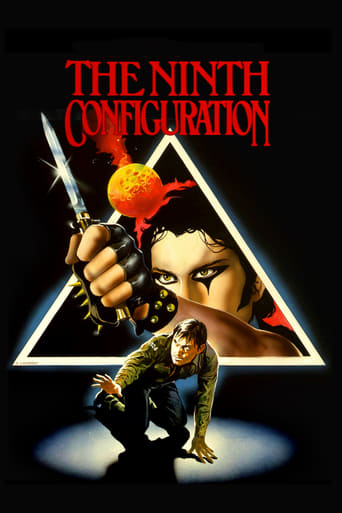
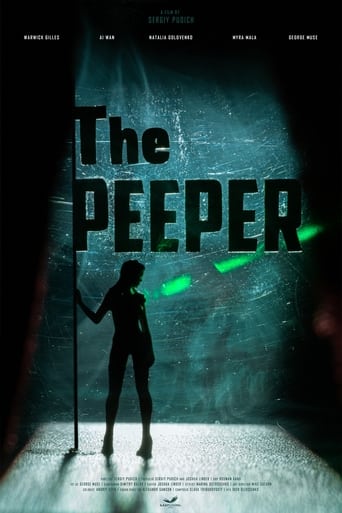



Reviews
This film has a persistently artificial feel to it that at times serves it well and at times is a hindrance - it sometimes serves to highlight the hypocrisy and corruption of the milieu and give the central characters a decadent air, but at times it interferes with character development, as it interferes with our understanding of the characters. The plot itself is rather conventional but is essentially an excuse to dissect a certain milieu. The most interesting character is in my opinion very underrated: the mayor's stepdaughter, who is clearly intelligent, somewhat sombre but decidedly not bookish. She is the sole character that does not seem motivated by purely selfish, fairly conventional motives (money, political ambition, boredom, sexual desire, etc), making her motivations harder to fathom. She is the only character with any real mystery about her; it's hinted she has some kind of fascination with death, and she makes a surprising comment related to the role of women, all of which add to her ambiguity as a character.
I was very surprised upon reading some of the comments for this film after having seen it - not only is this not a lesser Chabrol movie or a non-entertaining one, for my money its Chabrol at his subtle and intriguing best, and no doubt up there with the likes of The Unfaithful Wife and Le Boucher! The plot is not particularly original, but it's not too important as it's Chabrol's style and attention to detail that really makes the film what it is anyway. The plot seems to take a lot of influence from the classic 'The Postman Always Rings Twice' and focuses on murder due to an illicit love affair. Lucienne Delamare is not so happily married to town major Paul Delamare and, unbeknown to her husband, is currently engaged in an affair with her husband's assistant Pierre Maury. The two are able to spend time together because Paul is often away on business. Pierre's wife Clotilde is weak and sick and when she dies suddenly, the town suspect suicide; but the truth is more sinister, as revealed by Pierre's confession to Lucienne...The film is kept interesting as Chabrol always focuses on the important elements and ensures that the chemistry between the leads is always engaging. The acting is once again superb with Chabrol's beautiful wife (at the time) Stéphane Audran being suitably brooding and mysterious in the lead role and receiving excellent support from Michel Piccoli and Claude Piéplu. The village in which the film takes place is also well thought out and Chabrol manages to create a foreboding atmosphere stemming from that. As usual with Chabrol films, this one is beautifully shot and realised and it's clear that the director put a lot of care and attention into the film. As usual, the suspense is generated through intrigue and the way that the characters are developed rather than through scenes of tension, though there are some brilliant sequences in the film - a pivotal scene towards the end involving a car accident being particularly noteworthy. I wouldn't recommend this film as a starting point for someone who has not previously seen a Claude Chabrol film, but I'd be surprised if fans of his don't enjoy it. Highly recommended!
Claude Chabrol started as part of the nouvelle vague,as contemporary of Truffaut and -yuk!- Godard ,but his roots are in the old cinema,that of Clouzot and Duvivier.That's why his best movies hold up very well today.A first golden era included such works as "à double tour" "le beau Serge" and "les cousins".Then came a period of barren inspiration which ended with "les biches" (1967) with which Chabrol entered his most fruitful period the 1967-1973 era:at least five of the works of this time are first-rate works :"la femme infidel" (1968;dubious American remake);"the beast must die" (1969) ;"the butcher" (1969) his towering achievement;"la rupture"(1970) his most underrated ;"juste avant la nuit" (1971) and finally "les noces rouges" which seems today as the last hurrah,a farewell to a golden era.Unlike the four other films I mention "les noces rouges" is based on a true story which was widely talked about in France of the early seventies.But ,true or not,Chabrol's touch is strong and he makes the story a chabrolesque plot to the core.The bourgeois whom Chabrol depicted in "la femme infidel" or "la rupture" ,and who was played by Michel Bouquet has turned into a caricature.Enter Claude Piéplu,and with his high-pitched voice,he almost overshadows the excellent Stephane Audran and Michel Piccoli.An impotent self-satisfied mean bourgeois with political ambitions ,he accepts his wife's(Audran) affair with his deputy mayor(Piccoli) ,more,it's fine with him because it will be useful for his shady business.The scene when he tells the lovers so is incredible;lines such as "I want everybody to be happy around me!" he delivers to a stunned Piccoli and a bewildered Audran give goose pimples.You will notice the omnipresence of water:in "que la Bete meure" and "le boucher" ,it symbolized a return from hell,not necessarily a happy end but a world with some peace of mind.In "les noces rouges" it appears during the love scenes (played by the two actors with more gusto than usual :never in a Chabrol movie the carnal act had been -and will be-so much to the fore)as a symbol of innocence (after all, the two people have no sex with their legal partners)in the sin.But it's the heroine's daughter ,called Helene ,who epitomizes innocence and some kind of deus ex machina.What's more puzzling is that Stephane Audran's characters were all called Hélène in the four other movies I mention:in "la femme infidel' Helene had a lover but with some excuse :her husband appeared like a washout sexually;in "le boucher" she was a brave schoolteacher ,purity flesh on the bone;in "la rupture" her character had to fight against a hostile bourgeois world .In "les noces rouges" Audran ,called Lucienne,is on the other side of the mirror:she really becomes a criminal,almost in a dream .When her daughter,Hélène,who took the place she occupied in former movies asks her "I want you to be happy,mom,please tell me the truth" Audran does not seem to realize all that means.And when she does,it will be too late.Les noces rouges" is also a movie which depicts political life circa 1970 in a small town where gossips run rampant.And as usual,Chabrol is marvelous when it comes to painting vignettes of ordinary life -see the scene in the library-It would take Chabrol five years to muster this sort of command ("Violette Nozieres" (1978)),and although he has occasionally made great works ("l'enfer" " la cérémonie" ),he will be remembered in fifty years or so for those gems of the late sixties/early seventies era."Les noces rouges" is a must.
The films of Claude Chabrol are probably most famous for their artifice, their heightened use of colour, stylised plots and action, elaborate, distancing camerawork, intrusive decor and music, especially their turning domestic melodrama into murder mysteries. But Chabrol first made his name with LE BEAU SERGE, a scrupulously naturalistic rural drama, and mined this vein throughout his career, co-existing in compelling tension with the artifice.LES NOCES ROUGES is on one level Chabrol's most accessible film, with a straightforward plot and realistic filming. The thriller elements are for the most part sublimated, and instead we have a moving tale of adultery and political skullduggery in provincial France. Michel Piccoli is Pierre Maury, deputy vice-mayor, whose wife is permenantly incapacitated by asthma. In the extraordinary opening sequence, his unreciprocated loving gesture to his wife seems like a strangling; as she mopes off to bed, he, in real time, walks through the street, to his car, drives into the forest and there meets a beautiful red-head, Lucienne Delamare, wife of the mayor. They make love on the river bank.It is here the film becomes formally interesting, and questions its very picturesque realism. Like a relay-race, we follow Lucienne now, driving in her car home. There is an edit in her journey though, and because the symmetry doesn't add up, we ask what's missing. When she arrives home it's night, making us wonder how far she lives from the forest, or what she's been doing in the meantime.After dinner with her husband and daughter by another man, she goes to bed, and thinks/dreams about how she and Paul met, how he became a political partner of her husband, how they made love anywhere and everywhere like teenagers on heat - this is the slyly funny film's most comic section, as they sneak into the local chateau, or are nearly caught fornicating behind a bush.The thing is, Lucienne's going into dream/thought mode is signalled by a conventional fading, and by the outside noises of a local celebration. Not only does she visualise things she cannot know - Paul's glum dinner with his wife, for example - but the sequence breaks off not with her, but Pierre, when the image fades 'back', and the outside noise intrudes. What's going on here? How do we reconcile these formal breaches within the film's surface realism?Is it enough to suggest that the film's 'narrative' is actually the projection of Lucienne's desires? Why does Paul come out of Lucienne's dream? Chabrol was one of the first to take Hitchcock's artistry seriously - do the REAR WINDOW-like similarity of initials link Paul and Pierre closer than they seem?This seeming fantasy serves at least two purposes. Firstly it shows that a bond that transcends social rules and probable social ostracism is not all that real - the scene in the chateau, beginning in excitable joy, role play and daring, ending in alienation and disillusion, hinted as much. Alternatively, this realm of fantasy, escape, transcendence, can be seen as a riposte to the very real world of corrupt politics and paralysing marriages. What seemed a rather old-hat investigation into bourgeois transgression becomes something far richer, a psychological dramatisation of a woman's desires.But Chabrol is an ironist, and he would never go too far with any one character. We might regard, for example, the husband and daughter as marginal figures in the main love story if they weren't called Paul and Helene, and therefore linked to Chabrol's other 70s films of love triangles featuring these characters. We expect some kind of intrusion from these, and we do, powerfully so. Indeed, Helen's effacing observing becomes almost supernatural as it comes to wreak passive havoc, as do her constant paralleling with paintings. The Hitchcockian use of a church (and the VERTIGOesque music) also suggest a spiritual dimension seemingly minimal, but possibly devastating.Whatever. This is a Chabrol masterpiece. His recreation of provincial France is beautiful, but always corresponds to emotional states. The acting is extraordinary. Piccoli is one of the great actors, and his burly-eyed charm, decency and humour suggest a man ready to murder, whose embraces are like frenzied maulings, whose civility is undermined by his slurping of soup.Claude Pieplu as the husband is a wonderful comic character who initially suggests a repellent but laughable Charles Bovary (who was once called a monster because he snored on his wedding night), and becomes something much more dangerous. The representation of politics in the film got it banned, and it does reveal corruption in very high places, but Chabrol seems more interested in its dehumanising processes contrasted with the redemption of imaginative power. What is most disturbing about Paul is that we think it perfectly reasonable he be killed.Stephane Audran, Chabrol's wife, is a revelation, though. Normally icily elegant, she is enrapturing here as a woman in love, unafraid to be vulgarly happy, the sense of freedom allowing her to - horrors - smile, laugh, even lounge on chairs.
